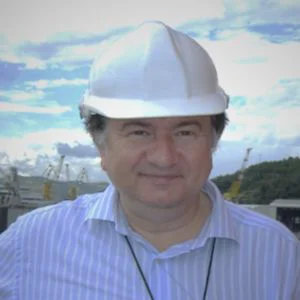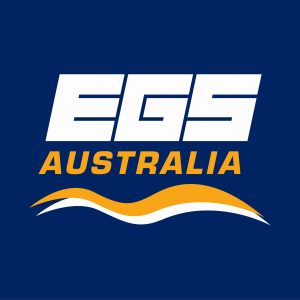Wednesday 1 October | 18:00 – 19:30
Institution of Civil Engineers, London, SW1P 3AA
Free of charge
Back in 1985, Marty McFly jumped into a DeLorean and travelled to the year 2015. We don’t have a time machine, but our speakers have imagined the future and are here to report back on the state of the offshore oil and gas, wind, and cable industries in the year 2050.
2050 may seem a long way away but it is within the career spans of those at the start of their careers (and probably those with up to 15 years’ experience, depending on retirement age).
What will the offshore industries look like in 2050? Will there still be an oil and gas industry or will it be a ghost of the past? Will the seas be filled with giant wind farms scrapping for wind energy? Will energy be sent via giant subsea cables between countries to balance supply and demand?
What are the offshore engineering challenges ahead of us and are we ready to tackle these challenges? And will we have achieved net zero greenhouse emissions?
Gain valuable insights into future trends and explore ground breaking ideas at this forward-looking event.
Speakers:
 Pratyush Kumar is a Chartered Marine Engineer with over 16 years of experience in subsea engineering. As a Lead Subsea Pipeline Engineer at Wood Plc’s Staines office, he has contributed to major subsea projects globally, spanning all phases from concept to detailed design through to operations support. His diverse background, including roles with both installation contractors and engineering consultancies, provides him with a comprehensive understanding of project delivery. Pratyush specialises in subsea pipeline design, field layout development and finite element analysis and is passionate about sharing practical insights from his extensive project experience.
Pratyush Kumar is a Chartered Marine Engineer with over 16 years of experience in subsea engineering. As a Lead Subsea Pipeline Engineer at Wood Plc’s Staines office, he has contributed to major subsea projects globally, spanning all phases from concept to detailed design through to operations support. His diverse background, including roles with both installation contractors and engineering consultancies, provides him with a comprehensive understanding of project delivery. Pratyush specialises in subsea pipeline design, field layout development and finite element analysis and is passionate about sharing practical insights from his extensive project experience.
 Claudia Scragg – throughout her 23 years of academic and professional career, Claudia has built a comprehensive knowledge in structural and geotechnical engineering specialising in offshore technologies and subsea infrastructure. Furthermore, her extensive project management and inspection experience has allowed her to work and deliver on projects with complex systems covering a range of multi-disciplined scopes. Claudia gained her Subsea MSc at the University of Aberdeen and is a registered Chartered Engineer in the UK Engineering Council with the Institute of Marine Engineering, Science and Technology.
Claudia Scragg – throughout her 23 years of academic and professional career, Claudia has built a comprehensive knowledge in structural and geotechnical engineering specialising in offshore technologies and subsea infrastructure. Furthermore, her extensive project management and inspection experience has allowed her to work and deliver on projects with complex systems covering a range of multi-disciplined scopes. Claudia gained her Subsea MSc at the University of Aberdeen and is a registered Chartered Engineer in the UK Engineering Council with the Institute of Marine Engineering, Science and Technology.
 Professor David Newman has in excess of 40 years national and international oil and gas project engineering and management expertise and experience within a range of organisations including oil and gas operators, EPIC contractors, and consultancy teams for onshore, offshore and subsea projects with project values extending from $ms to in excess of $bns.
Professor David Newman has in excess of 40 years national and international oil and gas project engineering and management expertise and experience within a range of organisations including oil and gas operators, EPIC contractors, and consultancy teams for onshore, offshore and subsea projects with project values extending from $ms to in excess of $bns.






